
Chocolatexture: chocolates that represent Japanese onomatopoeic words to describe texture
There are many factors that determine our experience with chocolate: the type of cocoa, the percentage used, and the flavors. But when Maison et Objet, the pre-eminent design show in France, told Oki Sato that they were naming him Designer Of The Year and asked him to design a set of chocolates, he had to pause. The head of the Tokyo and Milan-based design studio Nendo needed to rethink the concept of chocolate.
A five-day event, Maison et Objet, which generates a billion euros a year worth of sales, will kick off next Friday (Jan 23) in Paris. For the event, Nendo has created “Chocolatexture,” a series of 9 chocolates, all the same size, but each representing a Japanese onomatopoeic word that describes texture.
“The 9 different types of chocolate are made within the same size, 26x26x26mm, featuring pointed tips, hollow interiors, smooth or rough surface textures,” says Sato. “And while the raw materials are identical, the distinctive textures create different tastes.”
400 limited edition Chocolatexture sets were created and will be sold during the event in Paris.
Nendo (previously) is no stranger to working with chocolate. They’ve done some amazing work in the past creating edible art supplies from chocolate.

















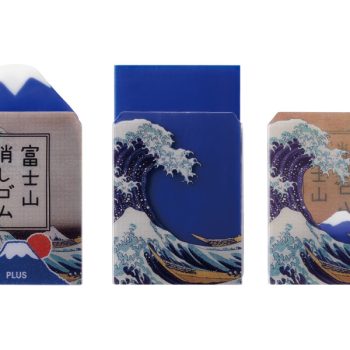
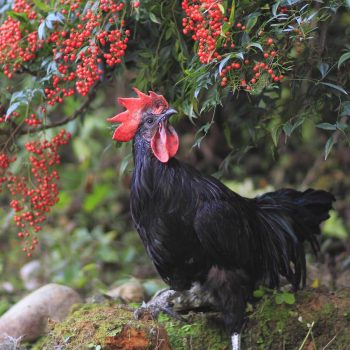
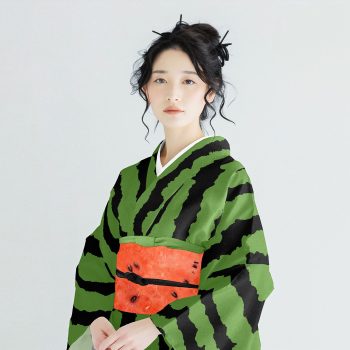
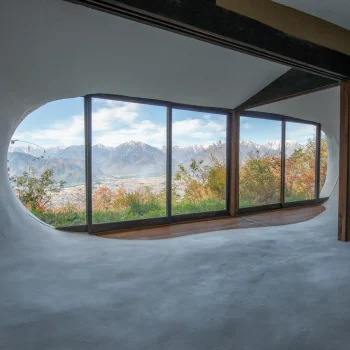
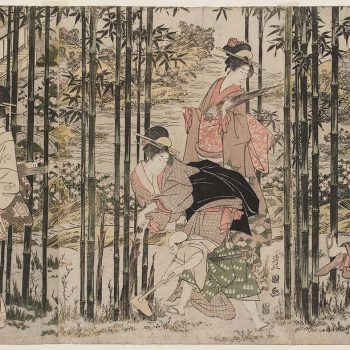

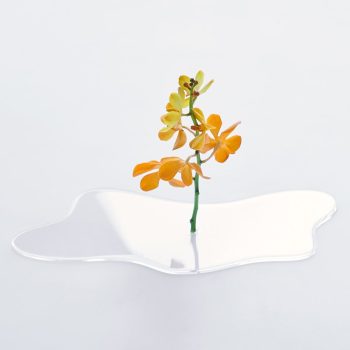

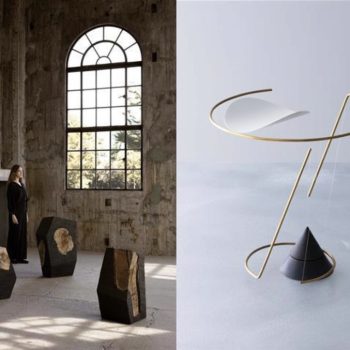









January 16, 2015 at 10:52 pm
Are the chocolate only being sell in Paris? Only end of Jan?
January 17, 2015 at 8:20 pm
@kitty Kuk – I’m afraid so 🙁
January 18, 2015 at 2:56 pm
Umm, I feel like these were described slightly off – telling characteristics of that onomatopoetic quality without telling what exactly it is.
(For example, ‘gorogoro’ and ‘subesube’ are not necessarily cubic, since this is describing onomatopoetic ‘audible’ texture; and ‘cube’ isn’t really a sound.)
Here’s what I’ve learned through experience, though it could well be wrong!
Tsubu-tsubu: A bubbly, rounded texture, like bubble tea or tapioca pearls. Smooth rolling feel.
Sube-sube: A smooth, rounded texture, but not segmented like tsubu-tsubu. A smooth-textured, melting feel.
Toge-toge: A spiky texture. ‘Toge’ means spike. The feel/texture of spikiness/poking.
Zara-zara: The sound and feel of rough but fine friction, like sandpaper. Looks like it’s designed to have a finely rough mouthfeel.
Goro-goro: The sound/feel of rough rolling, like an object that isn’t precisely round rolling down a hill or some stairs. Think of the sound a rough boulder would make rolling down a mountain instead of a large, smooth ball. Tumbling. The cubes are designed to break apart and tumble around in your mouth.
Fuwa-fuwa: Fluffy, light and airy. A poofy dog’s fur or an 80’s Tina Turner hairdo would also be described as ‘fuwa-fuwa’.
Poki-poki: Poki-poki doesn’t refer to the fine frame or structure particularly; more the feel/implied sound of it breaking apart. This is why the candy Pocky (Pokki) is named what it is, for that ‘poki!’ snap when you bite it. The candy’s framelike structure is in order to experience that ‘poki!’ feeling.
Zaku-zaku: Crispy-crunchy. The sound/feel of snacky, airy crunching. For example, a walnut wouldn’t necessarily be ‘zaku-zaku’ even if it is crunchy, but a matzo cracker or saltine or something like that would be.
Sorry if this sounds pretentious. Japanese onomatopoeia is just a particular interest of mine. 🙂
January 20, 2015 at 9:00 am
that oki sato, so hot right now…
January 23, 2015 at 12:24 am
So beautiful! I have a dream that to become a chocolatier
January 27, 2015 at 7:28 pm
I love the concept of these, plus they are absolutely beautiful crafted, gorgeous. Shame they are only available during Chocolatexture.
February 2, 2015 at 7:20 pm
Some of the most beautiful and specific chocolates! Great design!